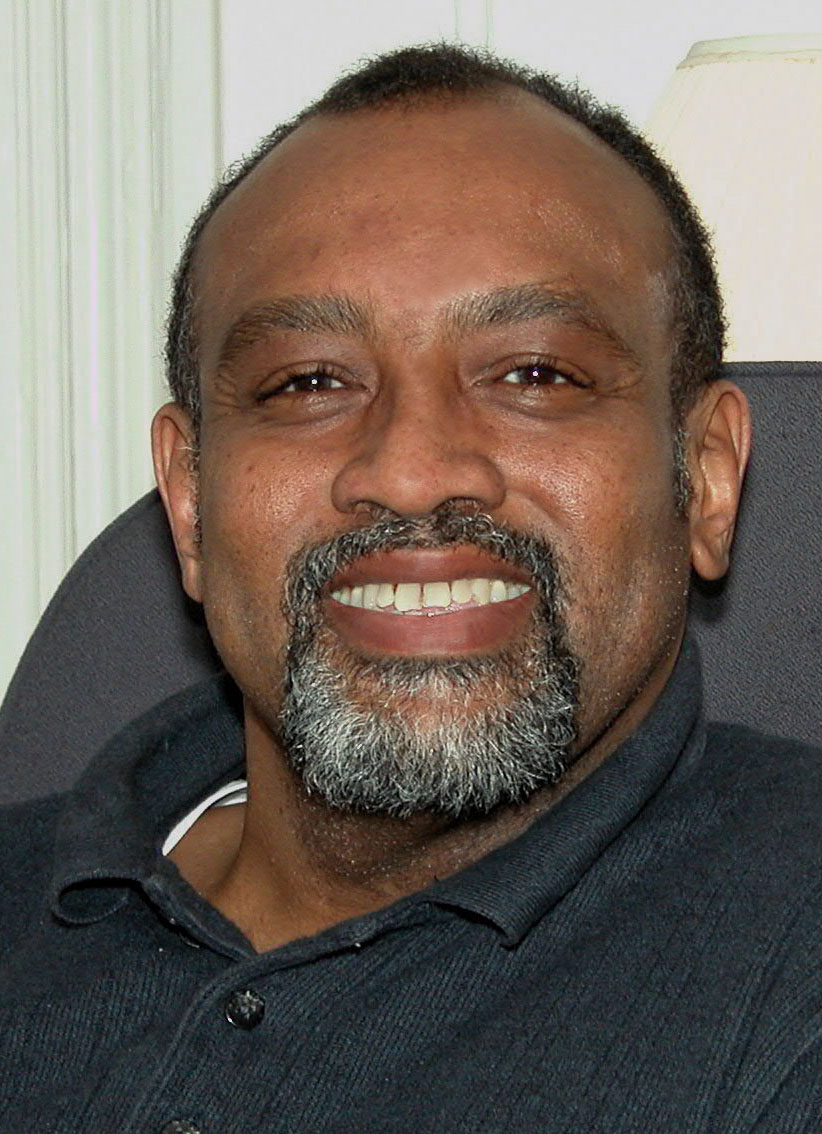PROVIDENCE, R.I. [Brown University] — It may be no secret that the United States has the highest incarceration in the world, but exactly why that is and what effect those rates have on public safety and crime prevention are questions many experts are still seeking to answer.

In July 2012, the National Research Council convened a panel of experts — including Glenn Loury, the Merton P. Stoltz Professor of the Social Sciences, and Dr. Josiah Rich, professor of medicine and epidemiology in the Warren Alpert Medical School and director and co-founder of The Miriam Hospital’s Center for Prisoner Health and Human Rights — to try to answer some of those questions. On Wednesday, April 30, 2014, that panel released a report detailing its findings at a public briefing held at the Pew Charitable Trusts DC Conference Center. Presented by several committee members, including Loury, the report explores drivers and consequences of the dramatic increase in incarceration rates over the past four decades and whether the policies that led to this spike are achieving their desired effects, or if the role of prisons in U.S. society should be reconsidered.
The report finds that incarceration rates are too high and therefore not having the positive societal effects that policymakers were hoping for. “The policies leading to high incarceration rates are not serving the country well. We are concerned that the United States has gone past the point where the numbers of people in prison can be justified by social benefits,” Loury said.

The committee also concluded that prison sentences are too long and that the costs of keeping prisoners in jail for extended periods outweigh the benefits. “Given the small crime prevention effects of long prison sentences and the possibly high financial, social, and human costs of incarceration, federal and state policymakers should revise current criminal justice policies to significantly reduce the rate of incarceration in the United States,” Loury said.
Rich cautions that the report should be read as a baseline for initiating a national conversation about the causes and consequences of incarceration, and that solutions can only come if the focus begins to shift to treating prisoners’ health issues like addiction and mental illness, a recommendation echoed in the report. “Imprisonment is a very expensive, very ineffective, and very inefficient way of treating these problems,” said Rich. “We need the whole country to come together and figure out who needs to be incarcerated and who doesn’t and what the alternatives for those people could be. We need to approach the problem with a public health approach.”
A copy of the full report can be read and purchased online.
